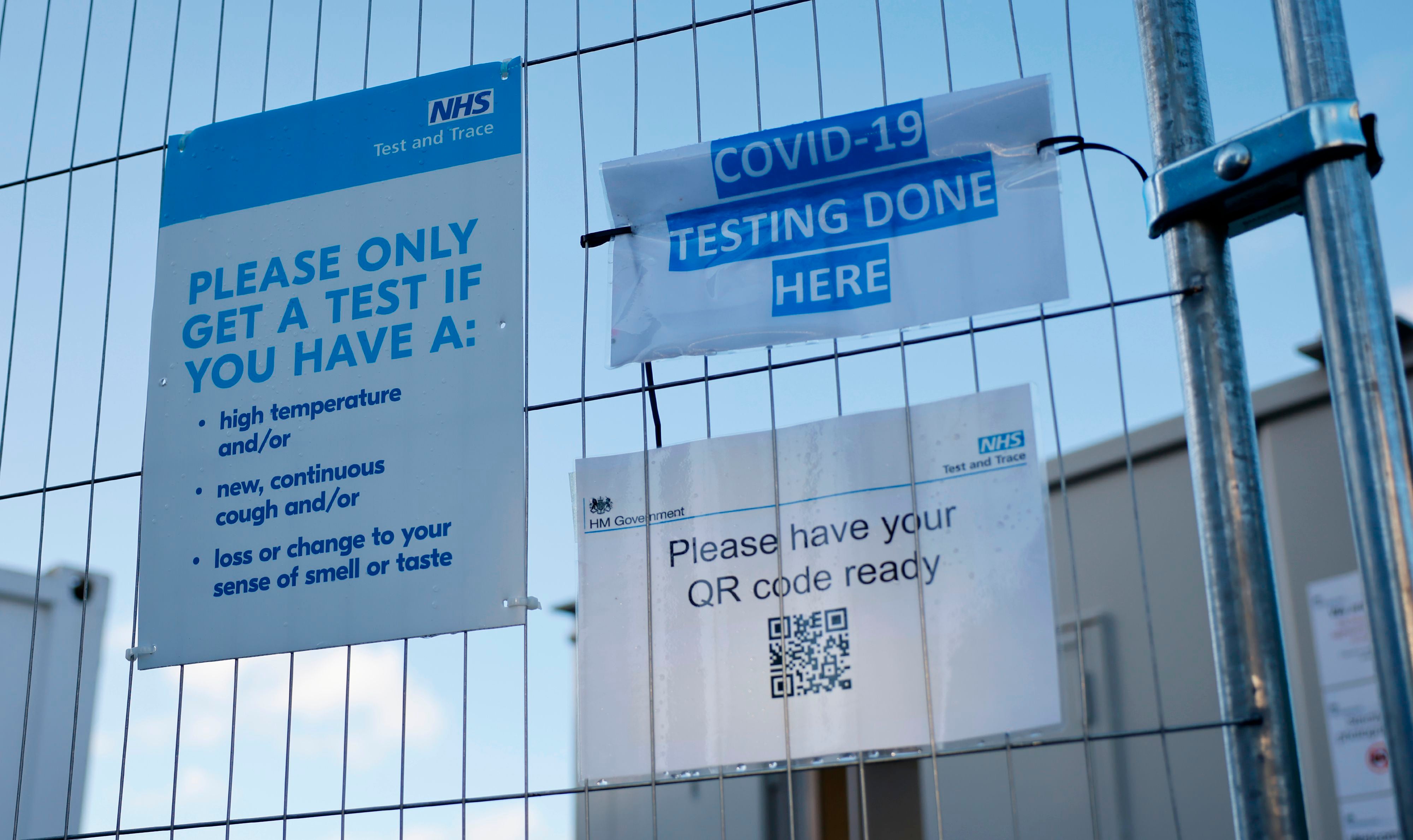Covid outbreak exposed ‘absence of leadership’ in preparing UK for biosecurity risks, report finds
Parliamentary committee recommends new National Centre for Biosecurity to focus on threat

Your support helps us to tell the story
From reproductive rights to climate change to Big Tech, The Independent is on the ground when the story is developing. Whether it's investigating the financials of Elon Musk's pro-Trump PAC or producing our latest documentary, 'The A Word', which shines a light on the American women fighting for reproductive rights, we know how important it is to parse out the facts from the messaging.
At such a critical moment in US history, we need reporters on the ground. Your donation allows us to keep sending journalists to speak to both sides of the story.
The Independent is trusted by Americans across the entire political spectrum. And unlike many other quality news outlets, we choose not to lock Americans out of our reporting and analysis with paywalls. We believe quality journalism should be available to everyone, paid for by those who can afford it.
Your support makes all the difference.A damning parliamentary report into the UK’s handling of coronavirus has found “a striking absence of leadership” left the country unprepared for the pandemic.
The report by the Joint Committee on the National Security Strategy said Covid-19 had exposed “profound shortcomings” in the government’s efforts to protect the UK against biosecurity hazards.
Despite having identified a pandemic as a “tier 1” security risk a decade ago, the government failed to make preparations such as seriously considering how it would scale up testing, contact-tracing and isolation capabilities in the event of an outbreak, said the cross-party committee of MPs and peers.
Only one major learning exercise - the Operation Cygnus simulation of a flu outbreak in 2016 - was conducted, but it did not cover all the stages of pandemic response and did not even merit a mention in the official Biological Security Strategy released two years later.
The novel features and high level of infectiousness of Covid-19 “do not fully explain the government’s inadequate response”, the committee found.
Despite predicting in 2017 that it was “likely” that a new infectious disease would affect the UK within the next five years, it was “not clear” that the Government considered the adequacy of its national laboratory network, said the report. And it found that the coronavirus pandemic also exposed vulnerabilities in the UK’s supply of personal protective equipment (PPE) and in its ability to tackle false or misleading information online.
Frontline organisations such as local authorities, emergency responders and local resilience forums sometimes lacked the intelligence and support they needed from central government to carry out their role effectively, the committee said.
The report recommended the establishment of a new National Centre for Biosecurity to pool expertise on the full spectrum of risks facing the UK, as well as a biosecurity task force within the Cabinet Office.
A minister should be given responsibility for reporting annually to parliament on the UK’s preparedness for major biosecurity risks, including updates on the state of stockpiles of critical items and the availability of surge capacity within the NHS and other public services in case of sudden demand.
Government should “prioritise preparedness” for major disruptive events, including by introducing a regular programme of exercises to test the UK capabilities, said the report.
Committee chair Dame Margaret Beckett said: “This year has been challenging for all of us, with many having to make personal and painful sacrifices. The news of covid-19 vaccines is welcome in the run-up to Christmas.
"However, the pandemic in the UK was not unpredicted. The Committee found that a pandemic was after all a matter of when, rather than if. It is clear that the Government could have, and should have, done more to prepare. Its negligence of key capabilities led to unnecessary fumbling for solutions, when instead the country needed decisive action. The Government at times seems to have treated a vaccine as a 'fix-all', with little pre-consideration of our capabilities for detecting where the virus is and bringing cases under control.
“The pandemic has thrown our vulnerabilities into sharp relief and it is vital that we use this opportunity for some critical introspection. The Government must acknowledge the areas in which they failed to adequately prepare a response to biosecurity threats, such as the one we are currently facing.
“The Government must learn lessons, not just for future pandemics but to fortify the structures we have in place to address all types of major national security risks.
“It must also consider what the real-life impact of this tier-1 risk can teach us about our capacity to deal with other risks of the same magnitude.”




Join our commenting forum
Join thought-provoking conversations, follow other Independent readers and see their replies
Comments